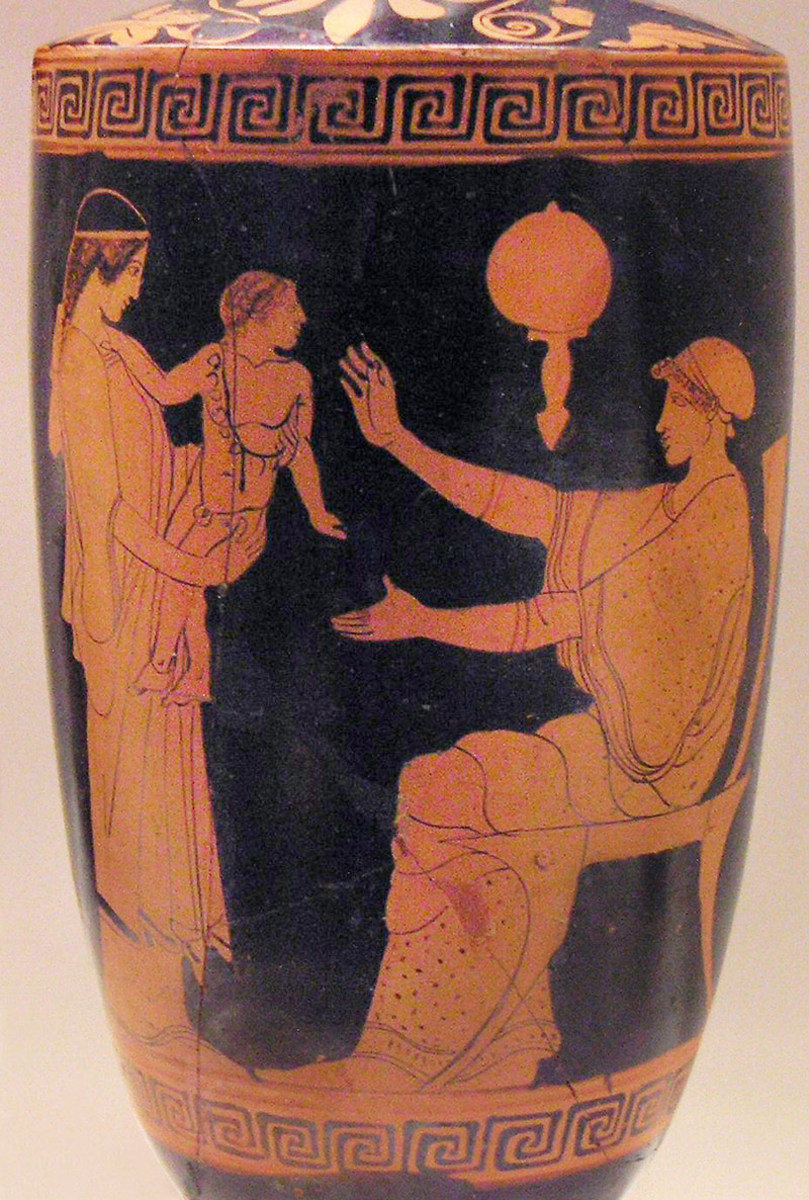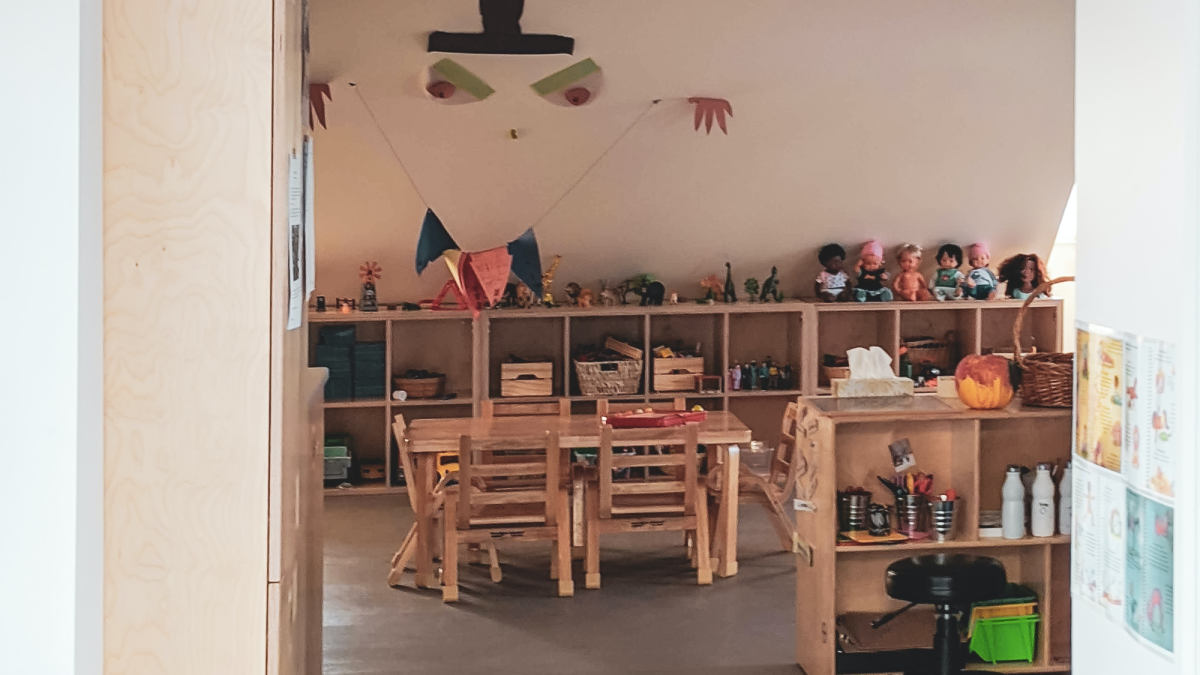Unions and Child Care
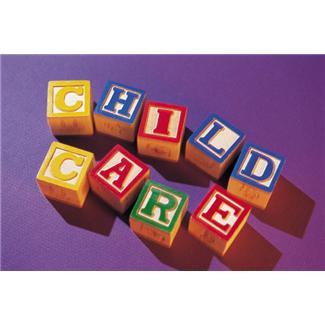
Should Private In-Home Child Care be Unionized?
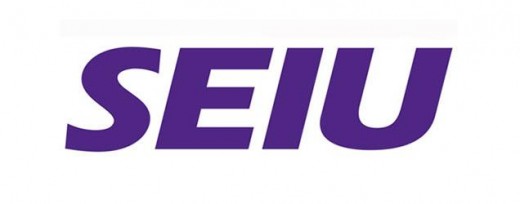
What does the SEIU have to do with Child Care?
Have you heard of the Service Employers International Union? Would you be surprised to learn that you may be a union member if you live in one of sixteen states and not even know it? This shocking news hit several families where it hurts in the pocketbook. Childcare providers who rely on a certain amount of money every month face a pay cut. Thanks to clever maneuvering by the Unions and their Democrat counterparts in government, hundreds of unsuspecting small business owners are part of the larger Unions SEIU and AFSCME.
Small business owners generally go into business for one reason; they are motivated self-starters who do not want to work for someone else. Of course, there are many other reasons why someone might want to go to business for themselves, but that is the main reason. Many women open businesses in their homes annually, taking care of other people's children. Some do it because they are passionate about childcare and want to run their own business, while others do it because they desperately want to be with their children and still need money to pay bills. In-home child care is one of the largest growing businesses, and the demand remains high for qualified individuals.
In some states, the demand for child care is continuously growing. One of the main reasons for the growth is that more and more women are leaving the field. Part of this great exodus is with women no longer feeling free to conduct business in their homes because now, instead of being small business owners, they are government workers who must join a Union.
In twelve states, childcare providers are now part of the union whether they want to. Some child care workers who didn't know they were in a Union may not realize they are no longer required to stay in that union.
It seems shocking that you may not know your union status as a small business owner. However, that is becoming more and more the case as unions are blindsiding many young women and men when their state subsidies come in less than the union dues. These small business owners are coming forward en masse, angry that the state didn't even tell them about this forced unionization until their check came in with the union dues deducted.
In states like Michigan, owners of home-based daycares have taken to suing for the right to leave the union. Minnesota child care workers, took up a lawsuit after the governor tried by executive order to instate unions for child care workers. While the case was able to overturn the executive order, the senate and house voted, and the governor later signed into law legislation allowing Unions back in. Now it is up to these same childcare providers to get the word out about how not to join a Union.
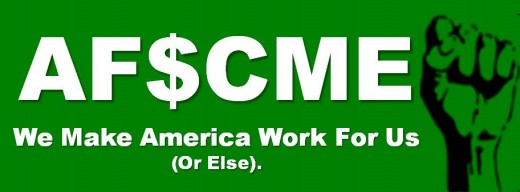
AFSCME- The other face of oppression
Child care providers throughout Minnesota have suffered a barrage of attacks from union representatives who come to their houses at the most inconvenient times. Some providers have said that it has taken threats of calling the police to get the union reps to leave. There are a lot of arguments about why childcare providers should be happy with the unions and why this is a good thing, but these arguments do not hold under scrutiny.
The first argument is better wages for childcare providers. As a virtue of being an owner, small business owners can set their rates. They can also set rules about when and how they get paid, and by deciding all of this for themselves, they do not need Unions to represent them. After all, a Unions purpose is to stand for the worker against the employer; by definition, small business owners are their employers. Still, pro-Union individuals will argue that the purpose of the union is to get higher subsidies from the state. In the sixteen states where childcare providers have been unionized, some knowingly enter it. In contrast, others like Peggy Mashke in Michigan or Terrie Boyd of Minnesota found out and are now fighting to keep their businesses private. In Vermont, where they are currently working on a proposal in the senate that would require home-based child care providers to either join a Union or pay "fair share" dues, one Mom states that these kinds of fees could quickly put her out of business.
Unions should not force private home businesses to join, yet that is the battle many in-home child care providers face. California and Vermont are now among the states trying to legalize union control over home-based child care. It is important to note that this is "home-based" and not childcare centers that the Unions want control over. The AFSCMEs are making a grasp for private individuals who accept state subsidies to run their business, not companies and not large employers who hire employees to work. Most of these in-home child care providers work alone without employees, and while the demand for child care is high, the profit margin for running a child care facility out of one's home is extremely low.

But Unions are a good thing...
Of course, quite a few people will say that Unions are a good thing. Lisa Thompson, a leader in the Child Care Union in Minnesota, suggests that unions are a great thing and will help strengthen the Child Care providers of Minnesota. At the same time, she acknowledges that unionizing will not affect how much money childcare providers charge. She states that it is against the law for Unions to dictate how much a childcare provider charges, bringing up the inevitable point if they aren't there to help providers increase their wages, just what good the unions are.
Since 2005 16 states have adopted statutes or executive orders that allow unions to collect dues from private individuals who run in-home child care facilities. Of these sixteen states, only six currently have laws that are being upheld. In some of the other ten states, the govenor overturned the Statutes when they took office. Research conducted by a Minnesota group before they voted on unionizing in-home care workers shows that while these states were participating in some unionization, there was little to no advancement in any aspect of the childcare profession. None of the state's Unions helped child care providers with health insurance, and subsidy rates remained the same.
Currently, in Michigan, one of the states where the Unions lost the battle, there is a lawsuit by childcare providers. The court has presently turned down the request for the suit to go forward, but the providers are contesting it; after all, they claim that in the 2009-2010 years, unions collected almost four million dollars for dues and did nothing in that time to help the child care workers. Whether the suit will go forward remains to be seen, but this should stand as a testament to other child care providers nationwide where Unions have yet to take hold and even in states where they are taking funds from these private individuals. How long can it go on before the private citizen fights back?
In Minnesota, since Unions don't currently control centers, some in-home care workers have taken the only resort they know how: to close down shop and go to work for a child care center. Another option, of course, is refusing to take state subsidies, a choice that anyone who runs a childcare facility can do but many cannot afford to do. For some in-home child care providers, these state subsidies are the difference between whether they can afford to keep their doors open. With dues now coming out, even the small monthly amounts are enough to turn the tables on these providers, putting them out of business altogether.
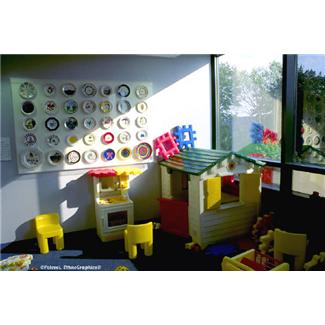
Why the vehement opposition
By this point, the opposition should be apparent. Most in-home childcare providers are on tight budgets that make every penny count. When money goes from their subsidies to Unions that aren't doing anything for them, these individuals end up having to close their doors which means the need for childcare providers increases. Suppose a provider can afford to stop taking subsidies and only accept children where the parents can pay cash, check, or credit card. In that case, the number of facilities that receive subsidies goes down, and parents who rely on these subsidies to afford child care are the ones who feel the brunt of it. Either way, unions are left unaffected in these situations. They are fleecing lower and middle-class Americans in the name of "helping" and making it more difficult for childcare providers to stay open.
What happens next? Right now, Unions can only take dues from in-home child care providers who accept state subsidies because they take these dues straight from the government before the provider gets the money. However, it is only a matter of time before the Unions figure out a way to get dues from the rest of the in-home providers, especially if the number of providers who take subsidies starts to dwindle. If it gets to that point where Unions require forced membership of all providers regardless of whether they take subsidies, then there will be more significant numbers of childcare providers closing their doors.
One provider out of Ohio claimed that she suddenly found herself a member of the Autoworkers Union because she took state subsidies. The union then told her to teach their approved curriculum or close her doors. As a Christian Mom faced with either closing her doors or teaching children about homosexuality, which she vehemently opposed, she chose to give up her business. Before closing her doors, she tried to contact her state representative, but the state rep told her there was no way for her to leave the union and remain in business.

What we can learn from Minnesota and other states
The numbers are tiny; only 15% of childcare workers have to vote for the union to retake control. The voting process is also very complicated; it isn't the typical voting that we think of when it comes to political elections. Instead, all you have to do to vote for the union is return a postcard stating you want more information. These types of power grabs are typical Union behavior. When the union claims they are just interested in helping out the little guy, one has to wonder why it is so hard for anyone to opt-out of unionization. Many of the child care workers who found themselves in Unions had no idea about the vote, or they had no idea that returning a card requesting more information meant they had voted for the union.
All six states that currently allow unionization of child care providers require anyone not interested in joining the union to pay a "fair share" amount or roughly 85% of what they would pay if they joined. In some cases, this can come to $20-25 a month, and when there are 11,000 child care providers in a state like Minnesota, the fair share amount alone adds up fast.
How can this possibly affect me?
If you do not live in one of the six states that currently have unions in Child care or even one of the ten others that are defunct, you may wonder how this could affect you. Better yet, if you live in any of those sixteen states but aren't a provider, the question still could arise about how this affects you personally. If you have children and rely on someone to take care of them, or if you are a provider and live somewhere where the Unions haven't taken hold yet, be cautious. Six states are just a start. They will attempt to regain control of the ten states they lost. Unions will probably win this control through state and local elections with politicians who are favorable to the Unions. As a parent who pays for child care, this could mean higher rates as the providers try to recoup the losses from Union dues, even providers who do not wish to pay those dues. If you rely on subsidies, there may be a significant drop in the number of providers who accept state pay.
There is a lot that providers can do, providers and parents can take to the internet to ensure information is available about what is going on with the Unions and Union power grabs over private businesses. Like the Unions, we can affect change by voting for political parties who will overturn or change the laws regarding unions and private companies.
Does Unionizing Child Care concern you?
Why Unionizing Child Care should concern you
Any small business owner should be concerned with this latest power grab by Unions. By entering private homes and demanding that these business owners now be considered public employees, Unions have opened up the opportunity to go after other small businesses. In closing, a childcare provider out of Minnesota explains why the Unions and In Home Child Care do not mix.
- Unions are improving child care elsewhere, and will here too | MinnPost
A union for family child-care providers may be a relatively new idea, but it is improving the industry in other states and it’ll do the same in Minnesota. There should be no decisions made about us without us being at the table. - Child Care Union MN - Child Care Union MN
Legislation has passed that gives child care providers, who receive CCAP funding, the right to vote to form a union. A union has not been formed yet, and a union will only be formed if enough cards are collected to trigger an election and if a majori - Dayton signs care workers unionization bill | StarTribune.com
Find breaking political news & commentary from Minneapolis, St. Paul, the Twin Cities metro area and Minnesota. - Minnesota House approves child-care, personal care worker unionization bill » The Politica
After 10 hours of emotional debate that stretched over three days, a controversial bill that would let unions try to organize personal care workers and child care providers barely passed the Democratic-controlled Minnesota House on Monday.
This content is accurate and true to the best of the author’s knowledge and is not meant to substitute for formal and individualized advice from a qualified professional.
© 2010 Rachel Woodruff

